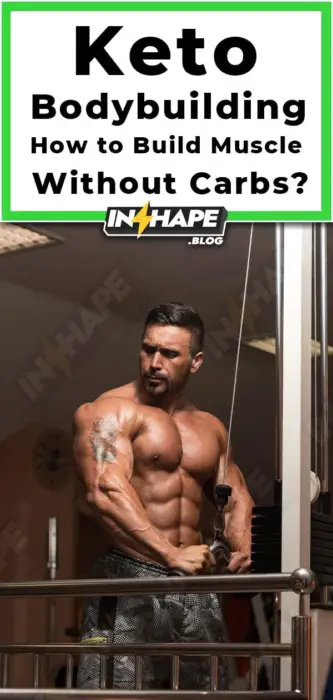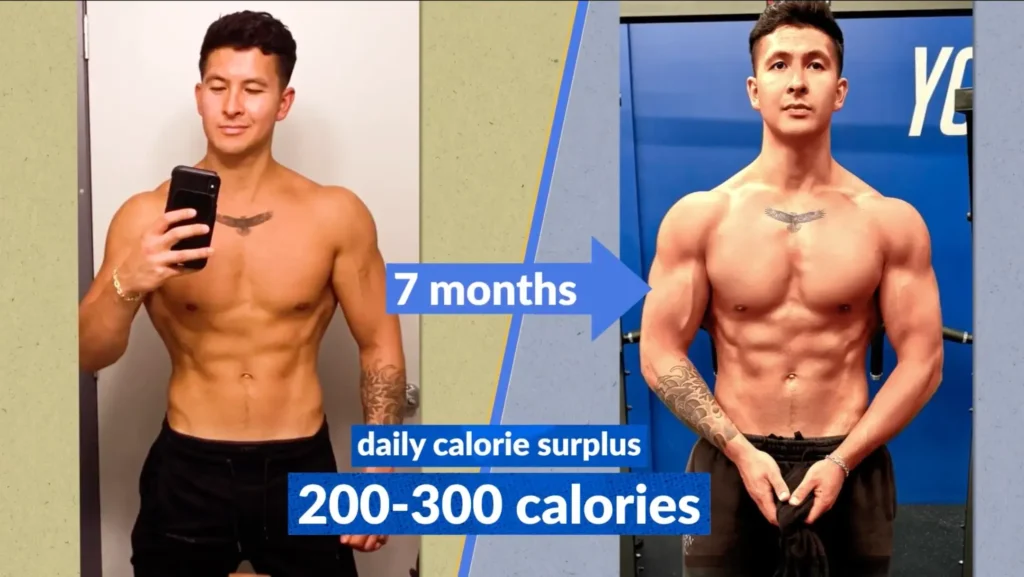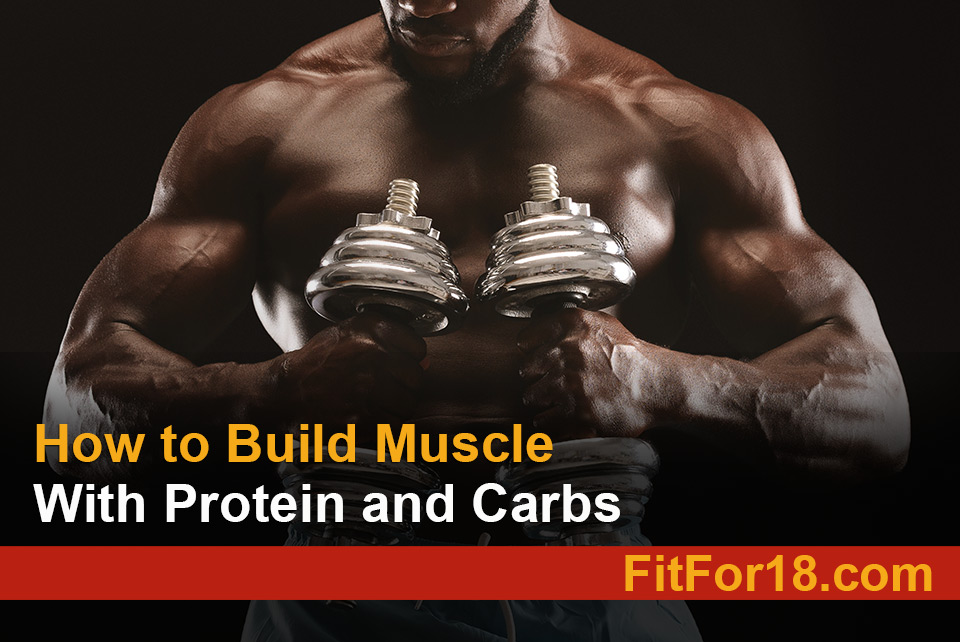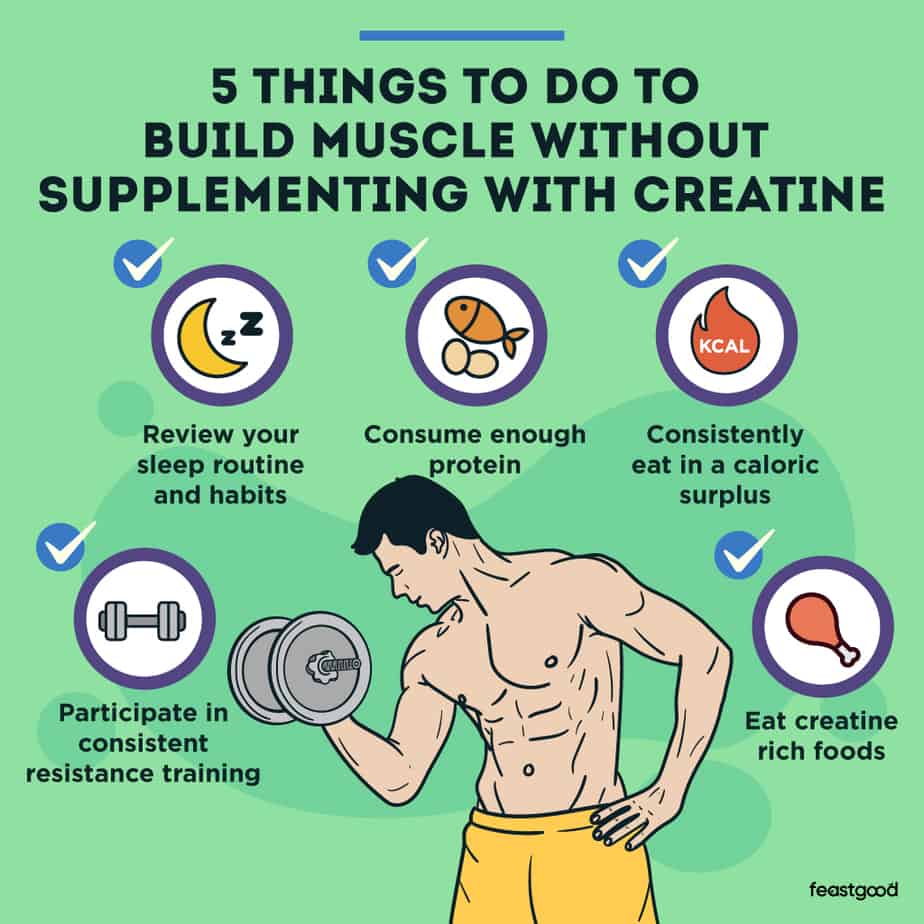Can You Grow Muscle Without Carbs

The debate rages on: can you build muscle without carbohydrates? Experts are weighing in on the effectiveness of low-carb diets for muscle growth, challenging conventional fitness wisdom.
This article delves into the science and practicalities of carbohydrate-restricted diets for those seeking to increase muscle mass. We examine the evidence, expert opinions, and potential strategies to navigate this complex dietary landscape.
The Carb-Muscle Connection: What's the Link?
Traditionally, carbohydrates have been considered essential for muscle growth. They provide glucose, which fuels workouts and replenishes glycogen stores.
Glycogen is stored glucose in muscles, crucial for high-intensity exercise. Without sufficient glycogen, performance may suffer.
Insulin, released in response to carbohydrate intake, also plays a role in muscle protein synthesis. It helps transport amino acids into muscle cells.
Challenging the Norm: Muscle Growth on Low Carb?
Some research suggests muscle growth is possible on low-carbohydrate diets. This primarily hinges on adequate protein intake and strategic timing.
A study published in the Journal of Strength and Conditioning Research (2016) found that resistance-trained individuals on a ketogenic diet maintained muscle mass while losing fat. Important to note, these subjects consumed a very high protein intake.
Another study in the American Journal of Clinical Nutrition (2018) showed similar results, suggesting that protein intake is the primary driver of muscle growth, regardless of carbohydrate intake.
Protein: The Cornerstone of Muscle Building
Regardless of carbohydrate intake, protein is absolutely crucial for muscle growth. Aim for 1.6-2.2 grams of protein per kilogram of body weight daily.
Prioritize complete protein sources like lean meats, poultry, fish, eggs, and dairy. These contain all essential amino acids.
Supplement with protein powders if needed to meet daily targets. Whey, casein, and plant-based options are all viable.
Strategic Carb Cycling: A Potential Compromise
Carb cycling involves alternating between low-carb and high-carb days. This strategy aims to maximize fat loss while supporting muscle growth.
On workout days, consume more carbohydrates around your training sessions. This provides fuel for exercise and aids recovery.
On rest days, reduce carbohydrate intake and prioritize protein and healthy fats. This encourages fat burning.
Navigating Low-Carb Training: Adaptations and Considerations
Initially, performance may decline on a low-carbohydrate diet. The body needs time to adapt to using fat as its primary fuel source.
This adaptation period can take several weeks. During this time, focus on lower intensity workouts and proper hydration.
Electrolyte balance is critical on low-carb diets. Supplement with sodium, potassium, and magnesium to prevent fatigue and muscle cramps.
Expert Opinions: What the Professionals Say
Dr. Mike Israetel, a renowned exercise scientist, emphasizes the importance of protein and energy balance, regardless of carbohydrate intake. He suggests that muscle growth is possible on low-carb diets, but it may be less efficient for some individuals.
Layne Norton, PhD in Nutritional Sciences, advocates for a more balanced approach. He believes that carbohydrates play a crucial role in optimizing performance and muscle growth, especially for high-intensity activities.
Most experts agree that individual responses to low-carb diets vary. Experimentation and monitoring are key.
Potential Drawbacks and Risks
Low-carb diets may not be suitable for everyone. Individuals with certain medical conditions should consult a doctor before making significant dietary changes.
Possible side effects include fatigue, headaches, and constipation. Proper hydration and electrolyte supplementation can help mitigate these issues.
Long-term adherence to restrictive diets can be challenging. Sustainability is a key factor for success.
Key Takeaways: Building Muscle on Low Carb
While conventional wisdom emphasizes carbohydrates for muscle growth, research suggests it's possible to build muscle on a low-carb diet.
Protein intake is the most critical factor. Aim for 1.6-2.2 grams per kilogram of body weight daily.
Strategic carb cycling and proper electrolyte management can help optimize results. Consider personal preferences and health conditions when making dietary choices.
Next Steps: Further Research and Individualized Approaches
More research is needed to fully understand the long-term effects of low-carb diets on muscle growth. Studies should focus on varying protein intakes and training intensities.
Individuals considering a low-carb approach should consult with a qualified healthcare professional or registered dietitian. They can provide personalized guidance and monitor progress.
The journey to muscle growth is unique. Experimentation, careful monitoring, and expert guidance are essential for achieving optimal results.


















